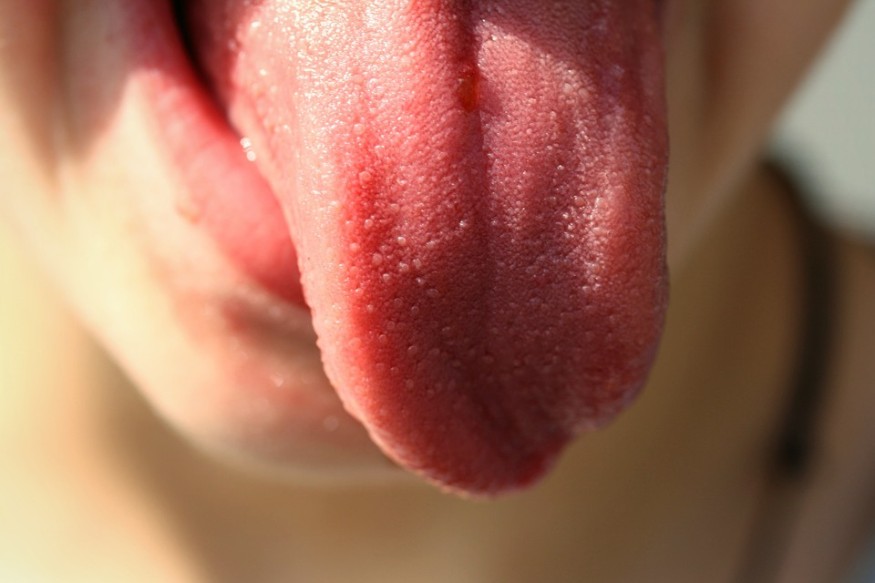
If you are one of the one billion people around the world who suffer from obstructive sleep apnea, one of the key reasons that you choke, snore, gasp or even stop breathing periodically during the night is because you have a fat tongue. This can ruin your sleep and it could also be very harmful to your health.
Sleep specialist Dr. Richard Schwab, the lead author of the study published in the American Journal of Respiratory and Critical Care Medicine stated that the question then was if you reduce the fat in your tongue, does that help improve your sleep apnea? And the answer from the study is yes.
The key risk factor for the fat tongue condition is obesity. A study done by Schwab and his team a couple of years back had found that obese people with obstructive sleep apnea had considerably larger tongues with higher percentages of tongue fat than obese people that do not have the condition. The newly published study found out that you can trim down your fatty tongue as you lose body fat overall.
Dr. Raj Dasgupta, a sleep specialist at Keck Medicine at the University of Southern California said that this study shows reducing excess fat, in general, can help reduce your tongue size.
In the study, the researchers used MRI imaging to help measure the effect on the upper airways of a 10% weight loss in 67 obese patients. The images showed that reducing the tongue fat was the main reason why the overall sleep apnea scores improved by 31%. Schwab stated that the more tongue fat you lose, the more your apnea will improve.
Costs of sleep apnea
OSA or obstructive sleep apnea is dangerous to your health. It can eventually damage your brain's white matter, it can raise your blood pressure, it can contribute to your depression and it can even heighten your risk for stroke, heart disease, and diabetes.
In the USA, where around 30 million people have obstructive sleep apnea, the cost to society in accidents, lost productivity and health care is around $150 billion every year, according to a study that was commissioned by the American Academy of Sleep Medicine. Diagnosing and treating every American could help save more than $100 billion every year, the study stated.
Treatment options
Currently, the main treatment for OSA is continuous positive airway pressure, known as CPAP therapy. People wear a device over their nose and their mouth that is connected to a machine that blows air into their mouths, thus keeping the airway from narrowing.
Adding to the irritating side effects like runny nose, congestion, nosebleeds, and dry mouth, a lot of people find it difficult to sleep long-term with the tubes, the masks and the noise of the CPAP machine. A study in 2016 looked at data over 20 years and they found that the rate of noncompliance hovered at 34% over the last two decades.
Obesity can increase the risk and the severity of OSA, but there are a lot of people with OSA who are not overweight, according to Dasgupta. That means that something else may be the reason behind their condition.
Dasgupta stated that the tonsils, the uvula, the soft palate, and the tongue are the things that could block or clog the upper airways. In addition to the tongue, the new study found out that weight loss can also reduce the size of the jaw muscle that controls chewing and the muscles on each side of the airway. However, none of those reductions were as significant as the loss of tongue fat.
The finding of the study may open up to new avenues of treatment that can focus on reducing tongue size, like cold sculpting that is currently used on stomach fat. More research is of course needed, to tease out whether certain diets might hasten fat loss in the tongue, and if there are certain exercises that can help.












